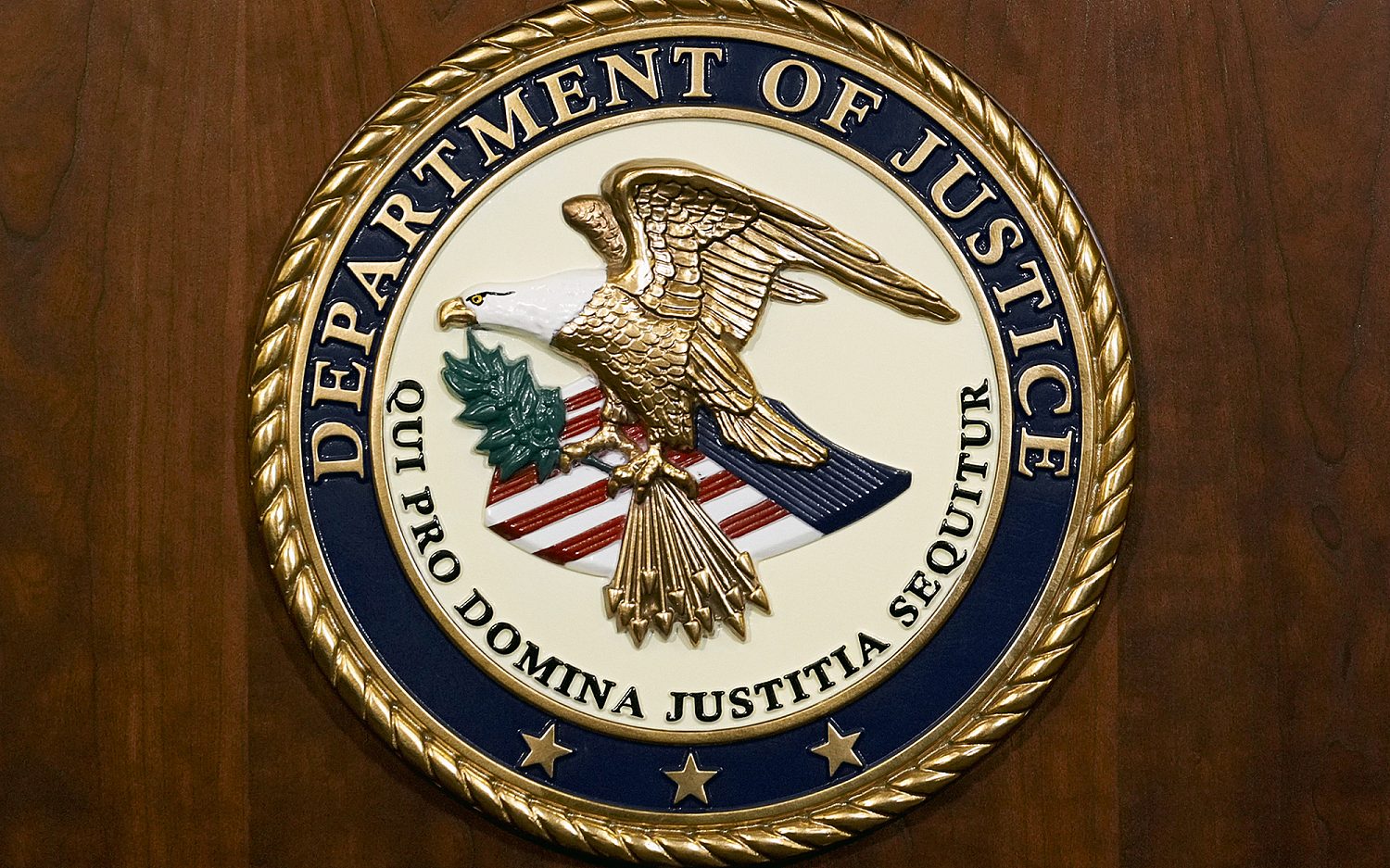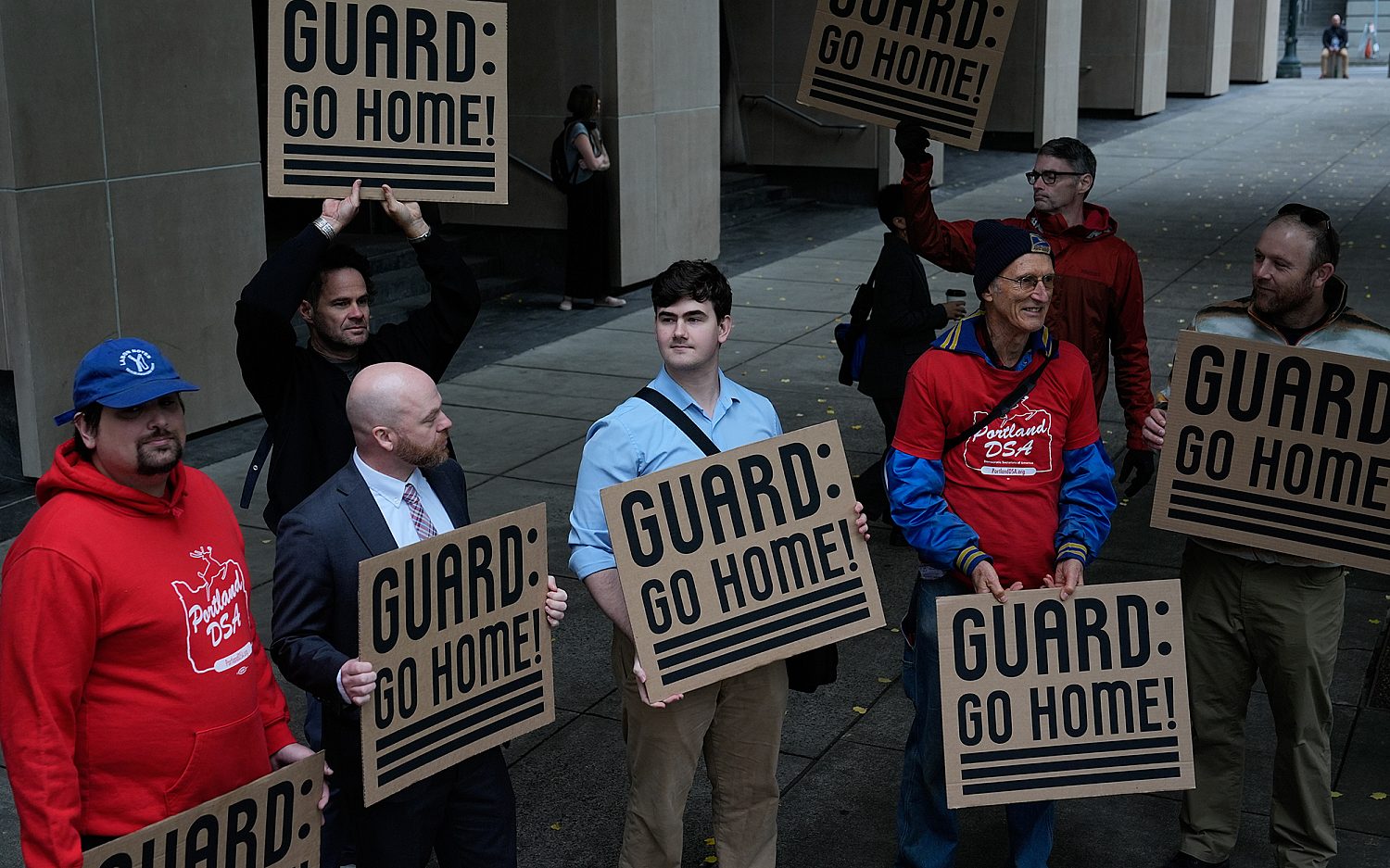Supreme Court strikes down gene patents
Companies may not claim patents on naturally occurring strands of human, animal, or plant DNA, the U.S. Supreme Court ruled unanimously on Thursday. The decision closes a door on a four-year dispute involving tests for human breast and ovarian cancer risk, and opens another that will cause biotechnology companies to compete more rigorously in the gene-testing market.
“We hold that a naturally occurring DNA segment is a product of nature and not patent eligible merely because it has been isolated,” wrote Justice Clarence Thomas for the court.
In the case, gene patents had given a Salt Lake City-based biopharmaceutical company, Myriad Genetics, a monopoly on selling tests for “BRCA” genes, snippets of human DNA that can indicate whether a woman has an increased chance of developing breast or ovarian cancer in her lifetime. Other companies and doctors had complained the patents were unfair because they prevented women from getting an independent second opinion about their BRCA-related risk.
For many women, the tests are pivotal for life-altering decisions: Last month actress Angelina Jolie revealed she underwent a preventative double mastectomy after learning a test of one of her BRCA genes—BRCA1—showed she had an 87 percent lifetime risk of developing breast cancer.
“The cost of testing for BRCA1 and BRCA2, at more than $3,000 in the United States, remains an obstacle for many women,” Jolie wrote in an op-ed. But the Supreme Court’s ruling means that companies other than Myriad Genetics will be able to develop tests to discover BRCA mutations. The competition should, in theory, lower the average price of testing.
The case has bounced in courts since 2009. In an earlier ruling, the U.S. Court of Appeals for the Federal Circuit had determined that individual genes were eligible for patents once they had been isolated from their natural setting inside an organism.
In a narrowly focused decision, the Supreme Court overturned the portion of the appeals court’s ruling that applied to “naturally occurring” genes, such as the BRCA gene. But it upheld patents for lab-altered DNA that involves removing noncoding portions of the DNA strand.
The Supreme Court did not rule on the question of whether naturally occurring genes in a sequence could be rearranged and then patented. The ruling also does not prohibit patents on specific applications or tests involving genes. Because of the narrow scope, the ruling may not have big impact on the biotechnology industry at large.
Since 1970, the U.S. Patent and Trademark Office has awarded more than 50,000 patents to researchers involving human, plant, or animal genes. Advocates of the patents say they give researchers a financial incentive for innovation.
An actual newsletter worth subscribing to instead of just a collection of links. —Adam
Sign up to receive The Sift email newsletter each weekday morning for the latest headlines from WORLD’s breaking news team.





Please wait while we load the latest comments...
Comments
Please register, subscribe, or log in to comment on this article.